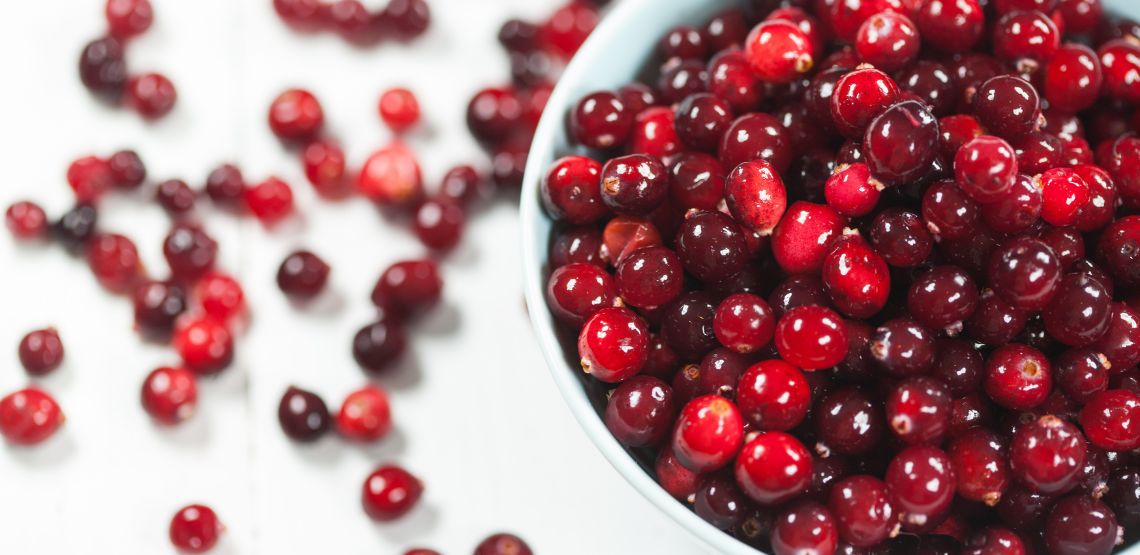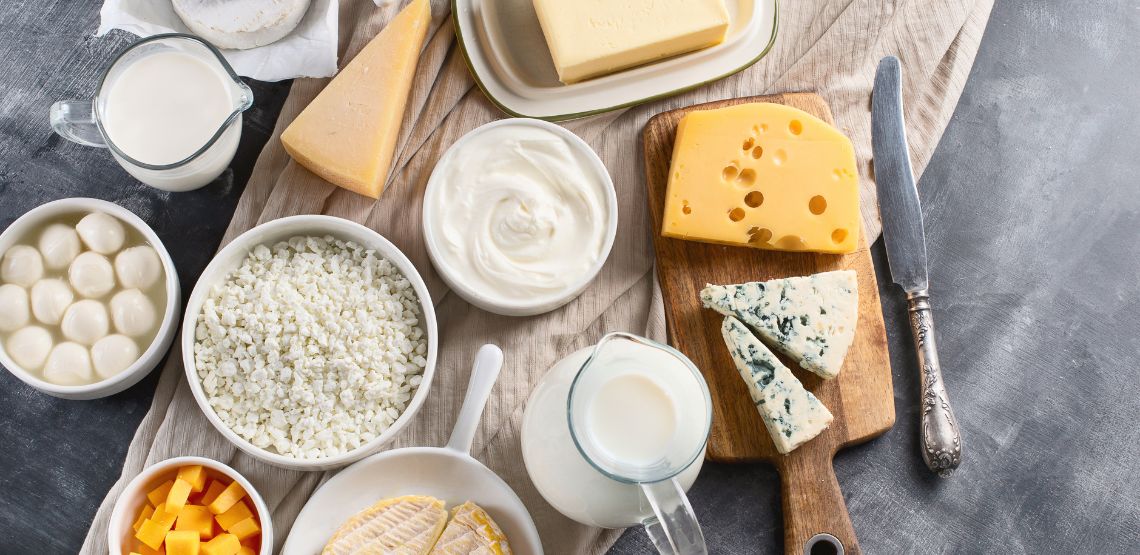Creating a Healthy Diet for Kidney Disease
There are ways to manage kidney disease and prevent or slow the progression of it. One way to manage kidney disease is through a healthy diet. In this article we look at eight specific foods you should include in your diet for kidney disease.
Top Foods to Add to Your Diet
Below are some of the best foods for people with kidney disease to incorporate into their diet.
1. Poultry Without the Skin
Protein is an important nutrient for everyone, but for people with kidney disease, too much protein may force the kidneys to work harder. Small portions of lean protein are a good choice.
Skinless poultry, such as chicken, contains less sodium than skin-on poultry and is rich in protein. According to the National Institute of Diabetes, Digestive, and Kidney Diseases, a serving of meat should be about 2 to 3 ounces.
2. Egg Whites
Egg whites are also a good source of protein. Eating the entire egg, including the yoke, may not be a good idea for people with kidney disease because egg yokes contain high amounts of phosphorus.
People with kidney disease may develop high levels of phosphorus, which can lead to joint and bone pain. Egg whites provide protein without being high in phosphorus.
3. Cauliflower
Fresh vegetables are an important part of any diet, but it is helpful to eat veggies that are low in phosphorus. Cauliflower is a good choice. It is heart healthy, low in phosphorus, and high in fiber. Just be careful not to cover it in too much butter when preparing.
4. Blueberries
Blueberries are a good source of antioxidants, such as anthocyanins, which might help protect against heart disease, and people with kidney disease are at an increased risk of heart problems. Blueberries are also low in potassium.
Potassium is another mineral that people with kidney disease need to watch for. Potassium plays a role in the healthy function of the nerves and muscles. If levels in the body are too high or too low, it can lead to problems. If your kidneys are not functioning properly, they may allow potassium to build up.
Related Search Topics (Ads)
5. Cranberries
Cranberries contain a nutrient known as proanthocyanidins. This compound helps prevent bacteria from adhering to the urinary tract lining, which reduces the risk of a bladder infection.
People with kidney disease have an increased risk of developing bladder infections, so eating cranberries is often recommended.
6. Low-fat Yogurt
Low-fat yogurt is a good source of calcium without being high in saturated or trans fats.
As mentioned before, if someone with kidney disease has high levels of phosphorus, it can negatively affect their body, including decreasing the level of calcium in your blood. This is another reason why adding more calcium to your diet may be beneficial.
Low calcium levels can also put you at risk for bone fractures.
7. Macadamia Nuts
Macadamia nuts make a good snack and are packed full of iron, magnesium and vitamin B. Most types of nuts, such as almonds, are high in phosphorus, so people with kidney disease have to limit them. However, macadamia nuts are the exception because they are lower in phosphorus than other nuts.
Choose macadamia nuts that do not contain added salt. According to the Centers for Disease Control and Prevention, people with kidney disease should look for low-sodium food labels containing less than 5% sodium.
8. Red Bell Peppers
Red bell peppers have 100% of the recommended amount of daily vitamin C that an adult needs. They are also rich in vitamin A, which is helpful for a healthy immune system.
They are also a great choice for people with kidney disease because they are low in potassium, sodium and phosphorus.
Dietary Considerations for Kidney Disease
It is vital for people with kidney disease to work with their doctor or a dietitian to determine their calorie requirements and the right balance of protein, carbohydrates and healthy fats.
Your nutritional requirements may vary based on your age, activity level and whether or not you are on dialysis. There may be certain foods your doctor recommends limiting because they make your kidneys work harder.
A healthy diet for people with kidney disease includes the basics, such as lean protein, healthy fats and whole grains. However, there are certain minerals that can build up and cause damage in people that have decreased kidney function. Getting the right nutrition while avoiding foods high in certain minerals is important in managing kidney disease.
It is also helpful to consider the way food is prepared. Frying foods adds extra fat, so broiled or baked foods are usually a better option.


